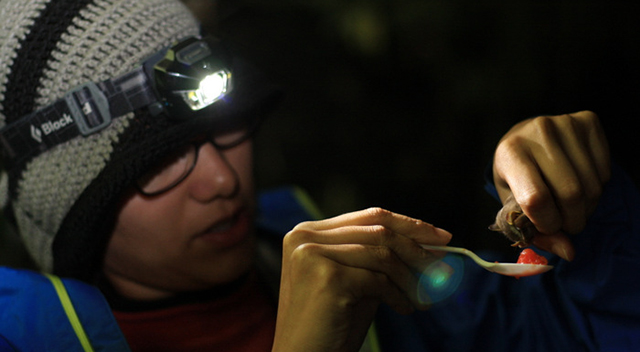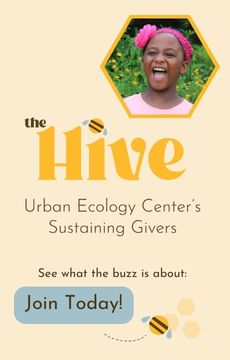What is Conservation Biology and why are we teaching it?
Conservation biology is a branch of biology that relates to preserving the diversity of plants and animals on Earth. Most of us agree that knowledge about the natural world is important in and of itself, but being able to apply that knowledge to help conserve the amazing plants, wildlife, natural systems and health of the living portion of the planet for future generations is an even nobler goal.
The field of conservation biology is young (less than 40 years old) and was born out of the movement to save tropical rainforests from deforestation and slow the extinction rate of related species. This course will be multi-disciplinary, focusing primarily on the natural systems but also how they interact with social and economic systems.

Conducting bat research in Costa Rica. Photo: Leighton Reid
We will cover biodiversity and how we value it, as well as the threats to biodiversity such as climate change, invasive species and genetic factors. We will also look at how biologists today are applying their knowledge of population biology to conserve biodiversity and restore degraded ecological systems.
We’ll explore diverse topics: from the role of national parks as both an economic and conservation driver to the incredible diversity of microbes that live in and on humans; from the economic value of bats as pollinators to why frogs are disappearing and what that means to humans; from de-extinction to the use of drones in conservation.
The cost of the 6-week course is $150 ($100 for Urban Ecology Center volunteers and anyone who took Tropical Biology or Plant Systematics). There is also scholarship pricing available. It will run on Thursday evenings from 6:00 – 8:00 at the Riverside Park branch from September 14th through October 19th.
This is a great way to learn about the world and discuss important topics with like-minded people without enrolling at a university (and without the homework). We hope you’ll join us!





